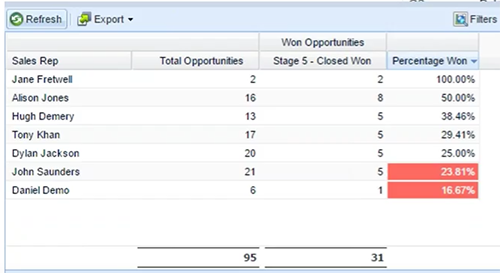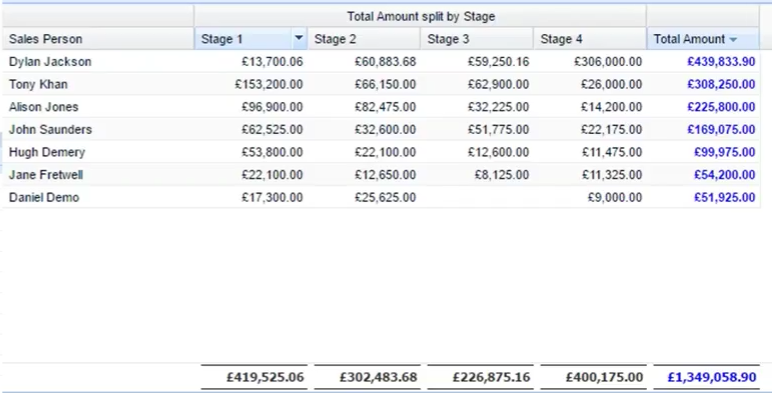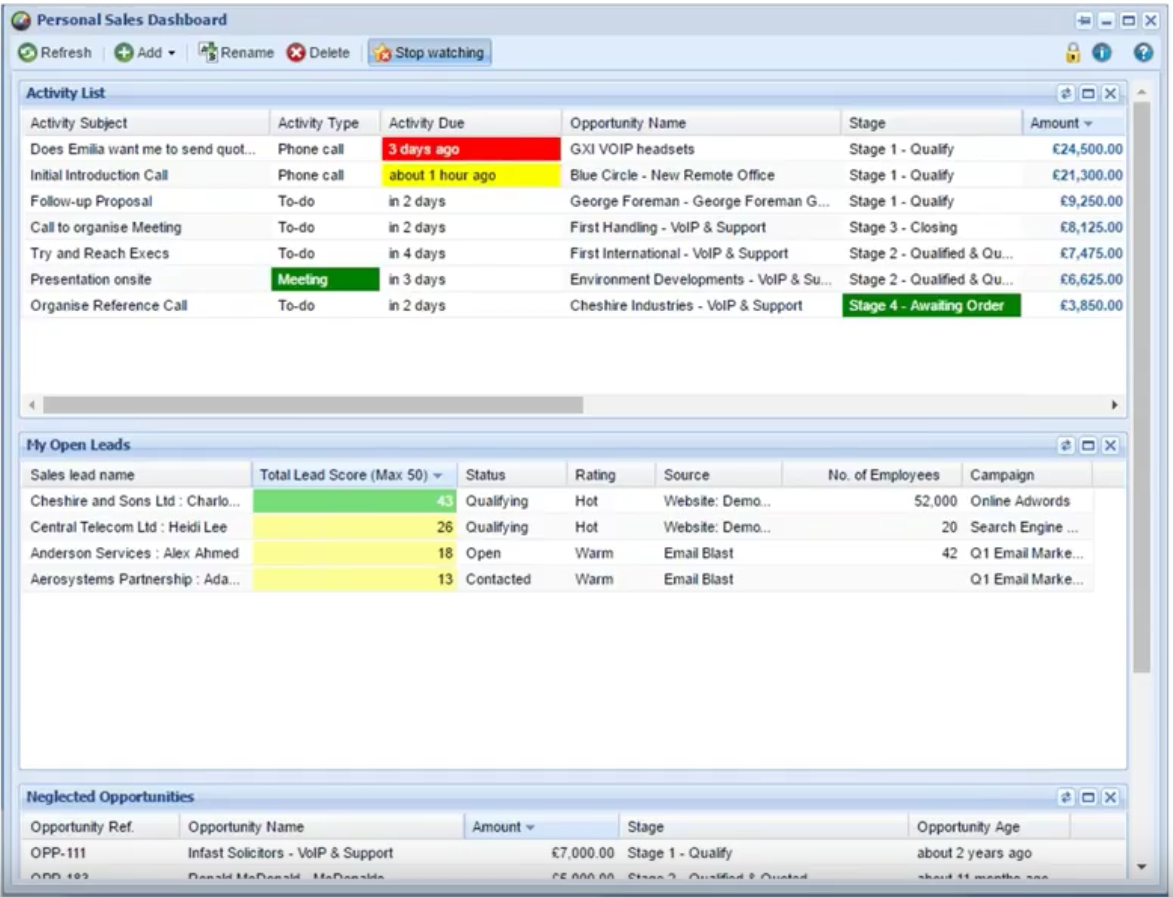How To Grow Sales Revenues Using CRM – Webinar Takeaways
Welcome to part 1 of our CRM for Sales Series. For part 2 click here.
Early February, John Cheney – CEO at Workbooks hosted a webinar to discuss and share lessons learnt on growing sales revenues using CRM.
See below a summary of the key takeaways for you or access the webinar download.
1. The importance of a Sales Process
 ‘Selling is a combination of Art & Science’ so it makes sense to define & document the best practices and put them into a framework so the whole sales team can be leveraged.’
‘Selling is a combination of Art & Science’ so it makes sense to define & document the best practices and put them into a framework so the whole sales team can be leveraged.’
Such framework provides multiple benefits including providing a common language to allow team members can rapidly understand where they are in the Sales Cycle allowing the business to measure success at each stage & identify where to drive improvements.
commendations on how to build a sales process:
- Include both Marketing and Sales in the process – They are both part of your demand funnel and need to work together for success.
- Have simple well-defined steps in your process – Don’t over complicate it
- Have each stage / step managed by the correct team
- Identify that your customer is also on a journey – qualifying you
- Ensure the steps aren’t centered around activities (e.g. meetings or quotes) but around outcomes (such as shortlisted)
2. CRM for Sales Leaders – how to grow revenues and maximise ROI
![]() Now you have a detailed Sales Process in place you can effectively dive into each stage to review and analyse performance. We recommend you start with:
Now you have a detailed Sales Process in place you can effectively dive into each stage to review and analyse performance. We recommend you start with:
Reviewing Pipeline Metrics
- Conversion rate by rep/stage
- Lead quantity
- Age of Pipe
- Win/loss analysis

Reviewing Sales Reps
- Performance levels
- Activity levels
- Deal planning
- Pipeline movements
Workbooks make this easy using our Reporting engine. On the right-hand side, we have a Conversion Rate by Rep report:
This gives you many interesting stats such as:
- Our overall sales rep conversion rate is 1 in 3
- Tony who is currently selling the most has a conversion rate slightly below average
- Alison has a high conversion rate
- Jane is a new team member but has a strong hit rate…A future star?
- Dylan has a low conversion rate. A red flag.
As you can see once you’ve got your data into your CRM and assign it within a well thought-out sales process, you can then pull some actionable data.
In combination with Sales Pipeline information, we encourage you to look at what Sales Reps are actually doing.
On the right-hand side you can see the number of activities against each Sales Rep. This is showing that Dylan isn’t making much progress and has a number of outstanding to-dos.
So what insights do you now have?
From exploring the above reports you now know:
- 1/3 deals close (from average conversion rates by sales rep report)
- Average Deal Value is £10k
- Average Sales Cycle is 3 months
So for next Quarter
- You need at least £1.5m in qualified pipeline to reach your £500k target (based on your conversion rate of 1 in 3).
- You need marketing/sales to generate 150 new opportunities
Potential improvements

- Improve your conversion rate
- By increasing your conversion rate from 33% to 40% you could generate an extra £600k in Q4
- Moving pipeline
- On the right side, you can see our total pipeline by Sales Rep report. You have £1.3m in the pipeline but most of it is sitting with Dylan; considering what you know about his performance to date, it might be time to move some of the pipeline to another rep or work more closely with him to ensure those opportunities are managed properly.
- Define MQL’s
- Since you need 150 leads a month you should define exactly what you consider an MQL (Marketing Qualified Lead) e.g. location, size or industry. This will help Marketing bring in not just leads but the ones that are more likely to convert to customers.
- Set Marketing targets
- Now you have an MQL definition we recommend setting Marketing an MQL target and a Sales Accepted target (converted MQL’s with a monetary value which has been accepted by field sales). We also recommend capping deals to avoid skewing pipeline metrics with just one big opportunity.
- Feedback when deals are lost
- By feeding back why deals were lost (prospect spent money but not with you) or qualified out (the opportunity wasn’t the right shape or size or the prospect wasn’t ready to buy) and categorising the reason e.g. Product feature, poor sales execution or price, you can begin to spot trends to refine their activities.
3. CRM for Sales Members 

One of the first common resistance points with a CRM project comes from sales people who do not realise the value of CRM. Since your CRM is worthless without any up-to-date data, how can you ensure your Sales members use it?
The answer is: your CRM tool must help Sales People in their day-to-day. It must guide them on what to do next and what actions they need to complete in order to progress an opportunity to the next stage. It must make their life easier. Savinh them time, removing or reducimg the admin.
If it’s just used for storing data there will be no major benefit and adoption will suffer.
Summary
CRM plays a vital role in supporting sales excellence.
CRM can provide a framework to ensure the right processes are being followed. It also acts as a channel to feedback essential insight to the business to support on-going sales activity.
CRM can provide access to information to mobile sales reps anytime, anywhere via mobile apps or tables, CRM can automate repetivie tasks and remove the administrative burden so that reps can focus on building relationships and selling.
CRM can record sales activities to ensure that opportunities are progressed effectively and no calls are overlooked. CRM can help organisations analyse key metrics and evolve its strategy in response.
CRM enables sales teams, from management to individual reps, to work more effectivley. It helps get better insight and make better decisions, it helps to better